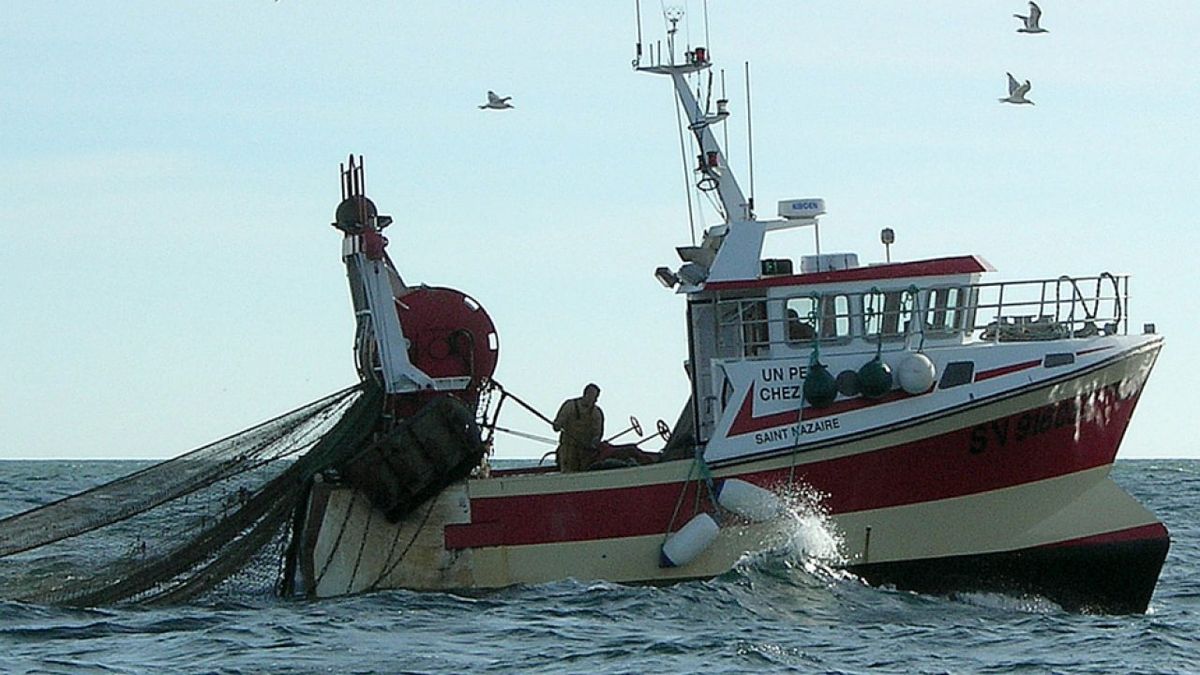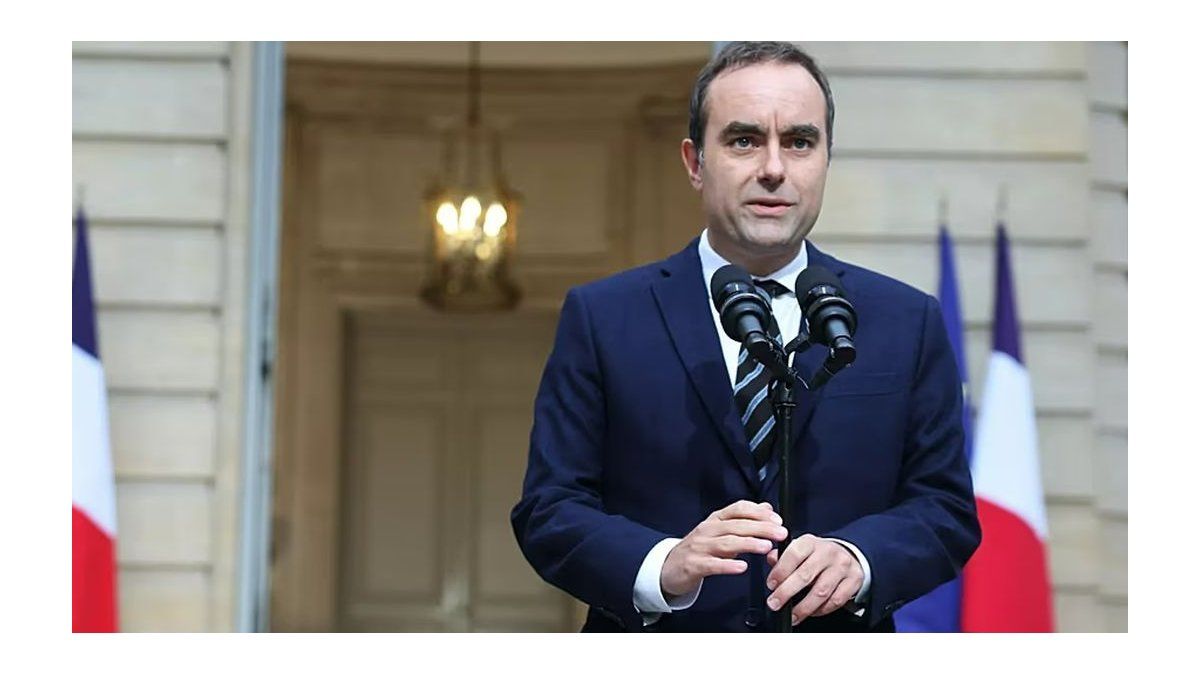“Facts or fake news – are all sources of information reliable?” Media consumers should ask themselves this question more often and thereby show their media competence, says OÖN political journalist and Vienna correspondent Christoph Kotanko. At a lecture on this topic in Braunau, he gave a very interested and critical audience questions and answers on facts, fake news and the media.
Through social media, everyone is “media powerful, but not at the same time media literate,” said Kotanko. The training of media skills from elementary school age must be promoted. Knowing that there are digital and profit-oriented business models behind social media is also not insignificant. “These follow the logic of marketing and sales,” specified Christoph Kotanko. But the example of the reports on the Ukraine war also shows how difficult it is to convey credible and verifiable information: “Many things are difficult to assess, and it is the individual achievement of the journalists to report on the situation.”
“Be there, don’t belong”
The audience proved that she is critical of the media. The journalist was asked questions like “How do political parties influence newspapers and journalists?” or “What can we believe in the Nehammer case (reports about drunk guards; note)?” confronted.
The Causa Nehammer is “overall difficult to assess seriously,” said Kotanko. The order of the day is to question every source. It is also a fact that politicians are trying to exert influence, only: “You don’t have to give in,” says Kotanko. In this context, the topic of “press funding” and “state advertisements” was also addressed. He is of the opinion that government advertisements should “only be given to media that meet a certain quality criterion,” says Kotanko.
Christoph Kotanko explained what he said about the sometimes unmistakable misunderstanding between journalists and politicians or opinion leaders in terms of his personal attitude: “I stick to the following principle: be there everywhere, but don’t belong!”
“What sources do you use for your research?” a visitor wanted to know. The answer: “It’s best if you’re there yourself, participating observation is the best source of information. ‘I read that on the Internet’ – that’s not a quality indicator.” Media work has changed fundamentally in recent years, but “attention and credibility are the hardest currency in journalism. The greatest asset is credibility, not speed.” (rokl)
Source: Nachrichten




